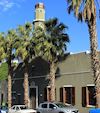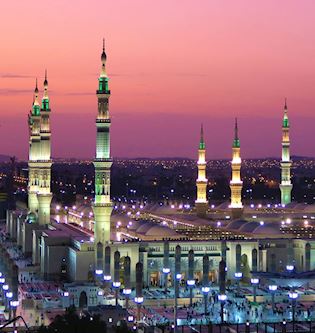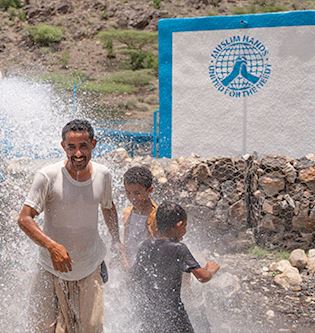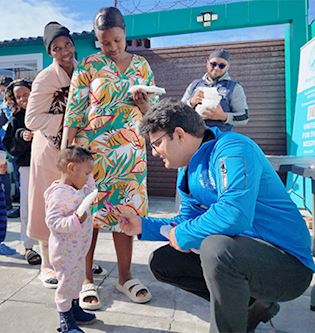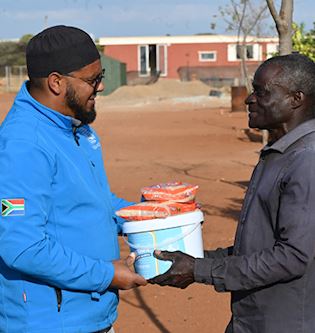Cataracts – the symptoms, causes, and treatment

Without proper treatment, cataracts can cause blindness, but what exactly are they and how can you prevent them?
What causes cataracts?
Our eyes are made up of a thin transparent lens that helps us to see. This lens is made up of water and protein cells that start to break down as we get older, and clump together on the lens. This is known as a cataract and it can cause blurred vision, and lead to blindness.
How do you know if you have a cataract?
Although most cases of cataracts are related to old age, occasionally children can be born with the condition, or it can develop as a result of an eye injury or because of illnesses like diabetes.
Any change in your sight is a good indication that something is wrong. You should seek medical attention if you experience any of the symptoms listed below:
- You have clouded, blurred, or dim vision
- It is increasingly difficult to see at night
- Your eyes are sensitive to light and glare
- You need brighter lighting to read
- You are seeing halos shapes
- You frequently change your contact lens prescription.
- The colours are fading
- You can see a double vision in one or both eyes
What can I do to prevent getting a cataract?
Small lifestyle changes can make a significant difference. Maintain a healthy and balanced diet full of fresh fruits and vegetables to help keep your eyes clean and fresh. People with diabetes are more prone to developing cataracts so it is important to keep your blood sugar levels down too.
Avoid smoking and prolonged sun exposure as these can reduce your vision over time and increase your chance of developing cataracts, especially in the elderly. Invest in a good quality pair of sunglasses to protect your eyes from natural sunlight, even in the winter months, and make sure you regularly visit an optometrist for an eye test.
How is cataract treated around the world?
In developed countries, cataracts can be corrected through simple and safe surgery that usually takes less than 45 minutes.
In developing countries like Mali and Pakistan, cataract surgery can be very expensive and is often only available in specialist clinics. This means that millions of sufferers living in impoverished communities continue to live in the dark. Not being able to see properly can be incredibly isolating and sufferers are usually not able to work and earn a living for themselves and their families, plunging them deeper into poverty.
Help save their sight and change their lives by donating towards our Eye Camps, and ensure those most in need receive free sight screenings and treatment from an easily accessible location.





